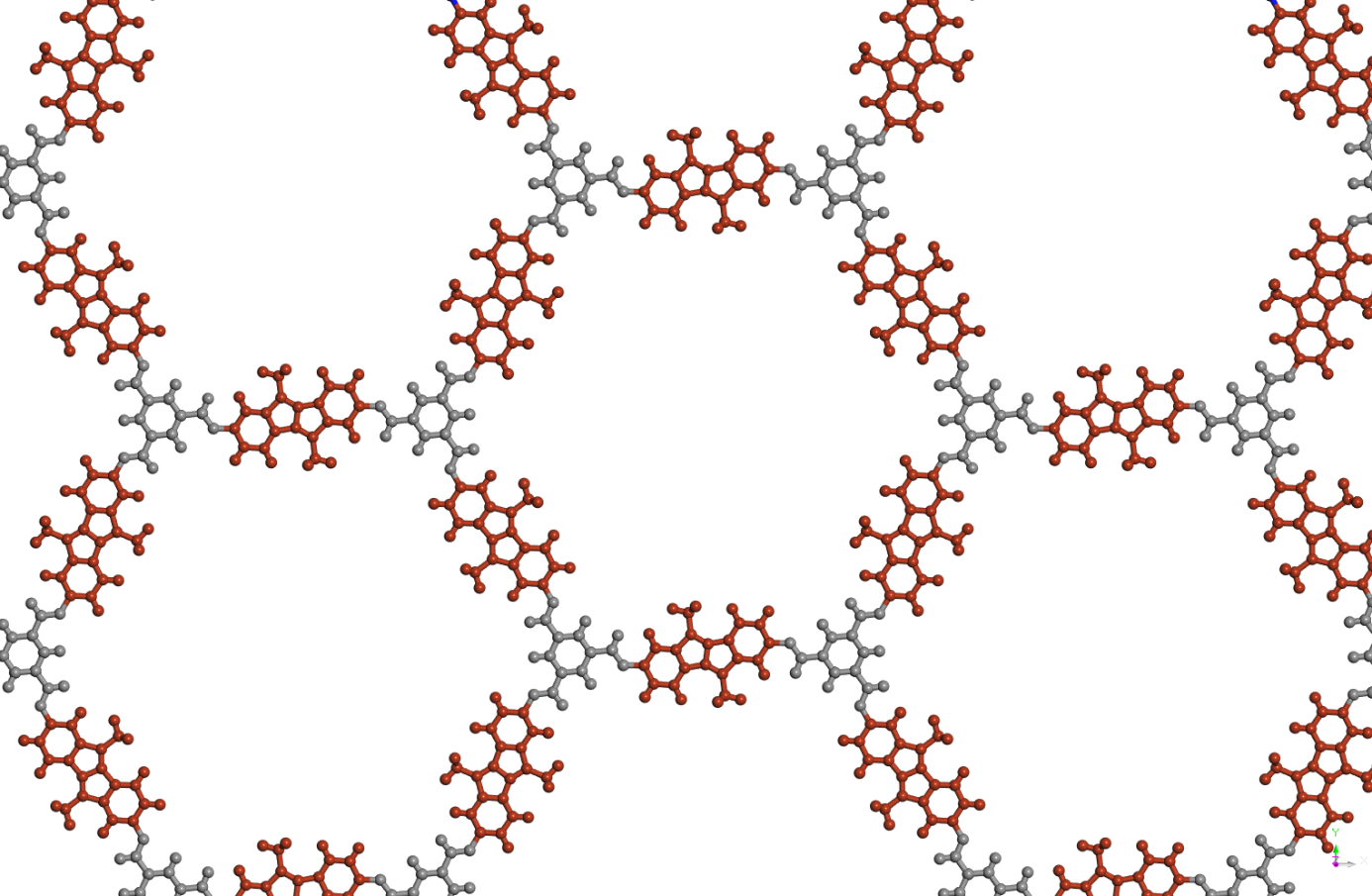ECR Seminar: Dr Oliver Dumele; Humboldt University
Monday 05 July 4:00pm – 5:00pm
This seminar will be delivered via Zoom – Please email chemistry.researchsupport@sydney.edu.au for zoom link and password.
Host: Jonathan Danon
Speaker: Dr Oliver Dumele
Title: Novel Topologies in Covalent Organic Framework Chemistry
Biography:
 Oliver Dumele studied Chemistry at the University of Mainz (Germany) and UC Berkeley (USA). After research projects at the Max Planck Institute for Polymer Research, BASF Ludwigshafen, and the National University of Singapore, he moved to Switzerland for his doctoral research where he received his PhD in chemistry from ETH Zürich under supervision of Prof. François Diederich in 2015. He pursued his academic career as a postdoc in the group of Prof. Samuel Stupp at Northwestern University (USA) and returned to Germany in 2019 as Liebig research group leader at Humboldt University Berlin. The focus of his work is on strained macrocyclic chemistry and organic frameworks as supramolecular platforms.
Oliver Dumele studied Chemistry at the University of Mainz (Germany) and UC Berkeley (USA). After research projects at the Max Planck Institute for Polymer Research, BASF Ludwigshafen, and the National University of Singapore, he moved to Switzerland for his doctoral research where he received his PhD in chemistry from ETH Zürich under supervision of Prof. François Diederich in 2015. He pursued his academic career as a postdoc in the group of Prof. Samuel Stupp at Northwestern University (USA) and returned to Germany in 2019 as Liebig research group leader at Humboldt University Berlin. The focus of his work is on strained macrocyclic chemistry and organic frameworks as supramolecular platforms.
Abstract:
Constructing extended covalent frameworks based on symmetric organic small molecules is known as reticular chemistry. Such covalent organic frameworks (COFs) commonly have either 2-dimensional or 3-dimensional connectivity, resulting in either stacked 2D polymers or 3D interconnected and intertwined networks, both with a high degree of crystallinity and high surface areas.
Our synthetic approach leaves the flatland of 2D COFs and the entanglement of 3D COFs. We aim at molecules that step beyond the known architectures by constructing non-planar, chiral, tubular, and electronically exotic topologies. Along this journey, we have taken detours at several stages to dig into the properties of new monomers from an opto-electronic, aromaticity, and a supramolecular perspective.
The seminar reports on a range of molecular monomers as well as entire frameworks with surprising molecular behavior and unexpected synthetic challenges. Unusual structures, high supramolecular affinities, and useful electronic properties are some of the desirable characteristics of these materials.


